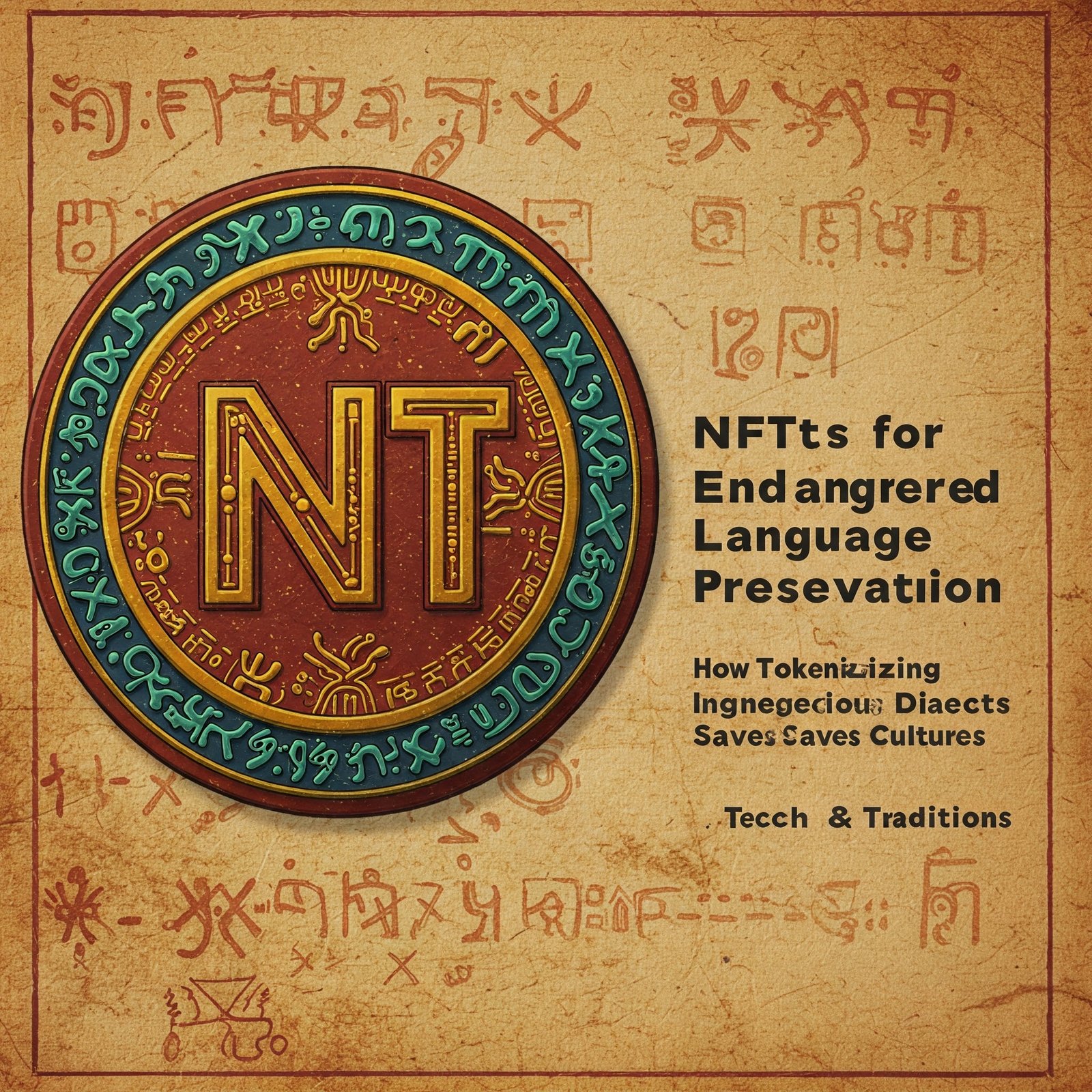How AI-Generated Voiceovers Are Transforming the Audiobook Industry

The audiobook industry has experienced explosive growth in recent years, thanks to the convenience of on-the-go listening. However, a new disruptor is changing the game—AI-generated voiceovers. Powered by advanced text-to-speech (TTS) technology, AI voices are making audiobook production faster, cheaper, and more scalable.
In this article, we’ll explore how AI voiceovers are reshaping the audiobook industry, the benefits they offer, and the challenges they present.
The Rise of AI Voiceovers in Audiobooks
Traditional audiobook production involves hiring professional narrators, recording in studios, and extensive editing—a process that can take weeks or months. AI voice technology is revolutionizing this by offering:
- Faster Production: AI can convert text to speech in minutes, drastically reducing production time.
- Lower Costs: Eliminating the need for human narrators and studio time cuts expenses significantly.
- Multilingual Capabilities: AI can generate voiceovers in multiple languages and accents, expanding global reach.
- Customization: Publishers can choose different voice styles, tones, and pacing to match the book’s genre.
Companies like Amazon’s Audible, Google Play Books, and Apple Books are increasingly experimenting with AI-narrated audiobooks.
Benefits of AI-Generated Voiceovers
1. Cost-Effective Audiobook Production
Producing an audiobook with a human narrator can cost thousands of dollars, while AI voice generation reduces expenses to a fraction of that.
2. Faster Turnaround Time
AI can generate a full-length audiobook in hours, compared to weeks or months with traditional methods.
3. Accessibility & Scalability
Indie authors and small publishers can now afford to create audiobooks, democratizing access to the market.
4. Personalization Options
Listeners may soon customize narration speed, voice type, and even emotional tone for a tailored experience.
Challenges & Ethical Concerns
1. Lack of Emotional Depth
While AI voices have improved, they still struggle to match the nuance and emotion of human narrators.
2. Voice Actor Job Displacement
Many professional narrators worry about losing work as AI adoption grows.
3. Copyright & Licensing Issues
Who owns the rights to an AI-generated voice? Legal frameworks are still evolving.
4. Listener Preferences
Some audiobook fans prefer human narration and may resist AI-generated versions.
The Future of AI in Audiobooks
AI voice technology is not replacing human narrators entirely but is instead creating a hybrid model:
- AI for quick, low-budget productions (e.g., educational content, indie books).
- Human narrators for high-end, premium audiobooks (e.g., celebrity memoirs, fiction).
As neural TTS and deep learning improve, AI voices will become even more realistic, further blurring the line between human and synthetic narration.
Conclusion
AI-generated voiceovers are undeniably disrupting the audiobook industry by making production faster, cheaper, and more scalable. While challenges remain, the technology is here to stay, offering new opportunities for authors, publishers, and listeners alike.
The future of audiobooks may well be a blend of AI efficiency and human artistry, ensuring both accessibility and quality for audiences worldwide.
Call to Action
What’s your take on AI-narrated audiobooks? Would you listen to one, or do you prefer human narrators? Share your thoughts in the comments!





